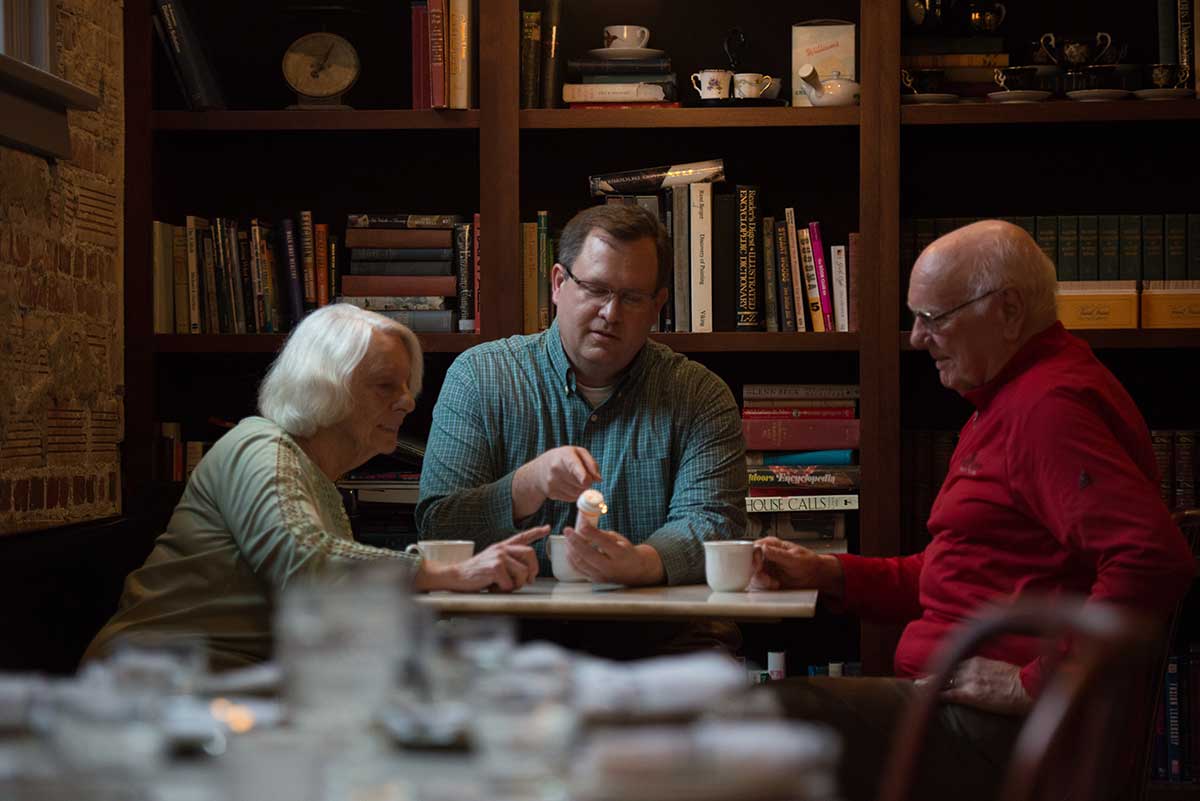
I work with many people that have found themselves becoming a caregiver to a loved one. Many can find themselves in this new role due to a loved one ageing, illness, an accident, a child or relative with additional needs or a mental health issue. What ever the path that has lead them, becoming a caregiver means adopting and adapting to new roles and responsibilities and often to new or heightened emotions. Caregiving may mean significant changes in your lifestyle, employment, finances, schedule or availability.
The Emotional Impact of Caregiving
Caregiving can take its toll emotionally, with guilt, helplessness and resentment possibly leaving the caregiver overwhelmed. At times it is not specifically the responsibility of providing the support that is overwhelming, but rather the feeling of uncertainty about the future that may seem too much.
The dynamic of our relationships may change, for both the positive and the more challenging. Caregiving can certainly foster closeness, sharing, bonding and other benefits that come from feeling needed, appreciated and loved. But the flip side to this can often be a slow build up of resentment, particularly if the burden of providing care feels it is not distributed evenly among those who could potentially help. Alternatively, whatever patterns were in the relationship before can become amplified, building on issues that already existed.
The Importance of Caregiver Self-Care
Chances are as a caregiver, if you are channeling your resources outward, and have limited resources for dealing with stresses you are experiencing personally. It may not feel like a priority to focus on your own needs, when you are providing support for someone else. You may not even be aware of the impact these changes are having on your wellbeing. If a loved one observes you are overwhelmed or you have been able to identify this yourself, it’s probably time to look for support.
Taking time for yourself in individual therapy is not self-indulgent and may provide the space and opportunity for reflection and honesty that is otherwise absent.
Many people find a support group can be helpful, enabling a sharing of experiences form people who are going through similar challenges. The right support group may take some research, but once a like minded group is found the benefits from the sense of connection can be invaluable.
Other resources for support includes chance meetings of others going through similar experiences, online support groups, speaking with professionals involved in the care of your loved one such as nurses or allied health professionals.
Finally, it is important to try to maintain whatever balance in your life facilitates your functioning at a healthy level, given your commitments and demands . Giving yourself permission for self-care is key. Taking time for yourself, engaging in hobbies, exercising, resting or nurturing your relationships will help strengthen your ability to be a caregiver both to others and yourself.
Acknowledgement to Marni Amsellem, PhD, GoodTherapy.org
(Thank you for image Robbie Weaver)